Sinoright Blog
How does creatine work?
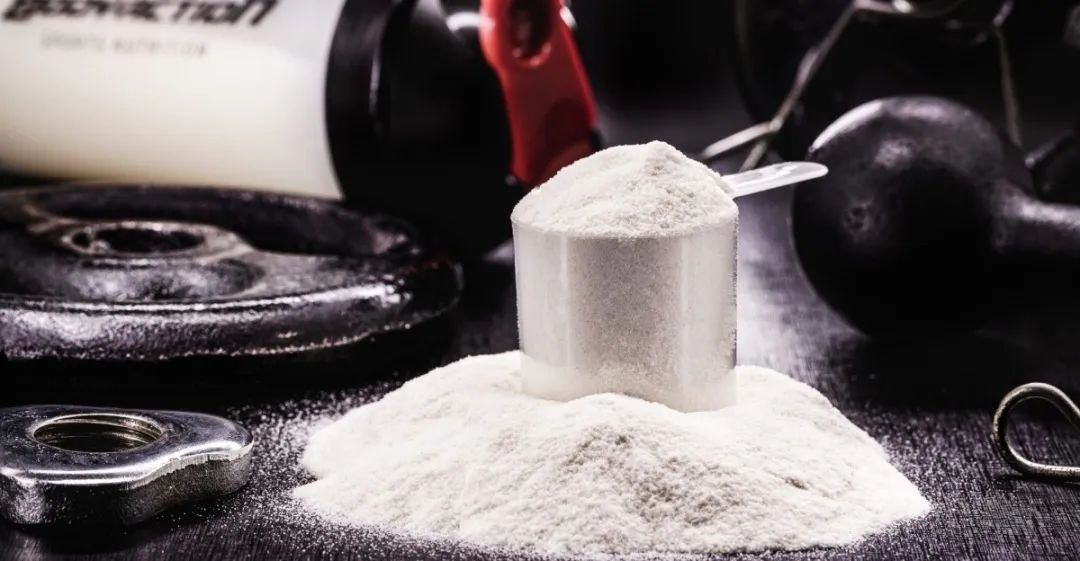
Creatine has received support from over 500 studies and has been proven to be very effective in improving physical performance during high-intensity exercise.
What is creatine?
Creatine is a naturally occurring compound in the human body that plays a crucial role in cellular metabolism. Although many people refer to creatine as an amino acid, it is not a traditional amino acid, but a derivative of amino acids.The body produces creatine from other amino acids in the kidneys and liver. Approximately 95% of creatine in the human body is stored in skeletal muscle tissue, while the rest is present in organs such as the brain and heart.
The body needs 1-3 grams of creatine per day to maintain normal creatine storage. About half of it comes from diet, mainly animal products such as red meat and fish. Then the remaining amount is synthesized by the kidneys and liver.
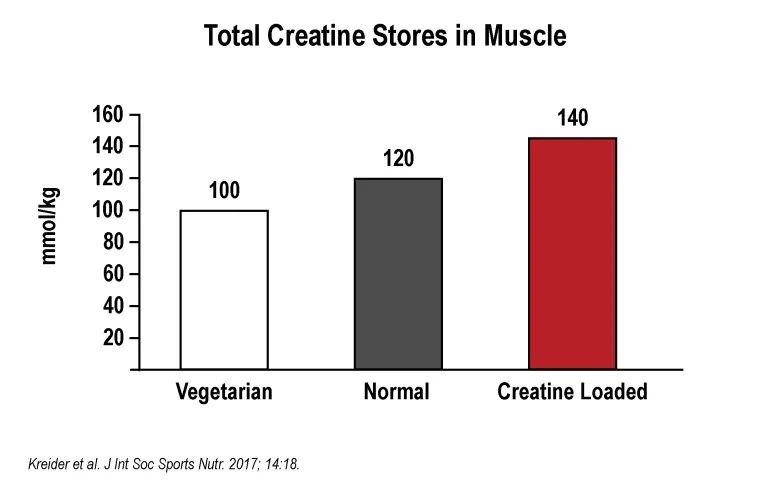
A vegetarian diet can only provide less creatine. Therefore, pure vegetarians and vegetarians have less creatine content in their muscles than those who eat meat. Creatine also comes in the form of a supplement, which is a regular supplement for athletes, bodybuilders, and fitness enthusiasts, and is the number one supplement for improving athletic performance.
How does creatine work?
Among the numerous supplements aimed at improving athletic performance, creatine should hold a special position. It is not only one of the most popular supplements, but also one of the most researched supplements.
So far, creatine has received support from over 500 studies and has been proven to be very effective in improving physical performance during high-intensity exercise. Most of the creatine in diet or supplements forms phosphocreatine, which serves as the energy source for the production of adenosine triphosphate (ATP) molecules.
ATP: The main molecule in cells that stores and transmits energy
ATP is the main source of energy for almost all cells in your body. Yes, our body does use carbohydrates, fats, and proteins as energy sources, but ATP is the only directly available energy molecule for cells.
ATP provides sufficient energy for high-intensity exercise, but muscles can only store limited energy. Once you run out of energy, your body will produce new ATP in three possible ways: rapid glycolysis, aerobic oxidation, and the ATP phosphocreatine system.
Phosphate creatine does not directly provide energy to muscles. On the contrary, it provides a high-energy phosphate group for a compound called adenosine diphosphate (ADP), allowing muscles to regenerate ATP for continued work.
The ATP phosphocreatine system provides approximately 30 seconds of ATP for sprinting, weightlifting, or regular strength training. That is to say, it is the precious energy we use in high-intensity training.
Creatine promotes energy transfer in muscle cells
You can increase the storage of phosphocreatine in muscles and enhance energy transmission in muscle cells by supplementing creatine. Increasing the storage of phosphocreatine in muscles can regenerate ATP faster during high-intensity exercise, improving strength, explosive power, muscle recovery time, and overall exercise performance.
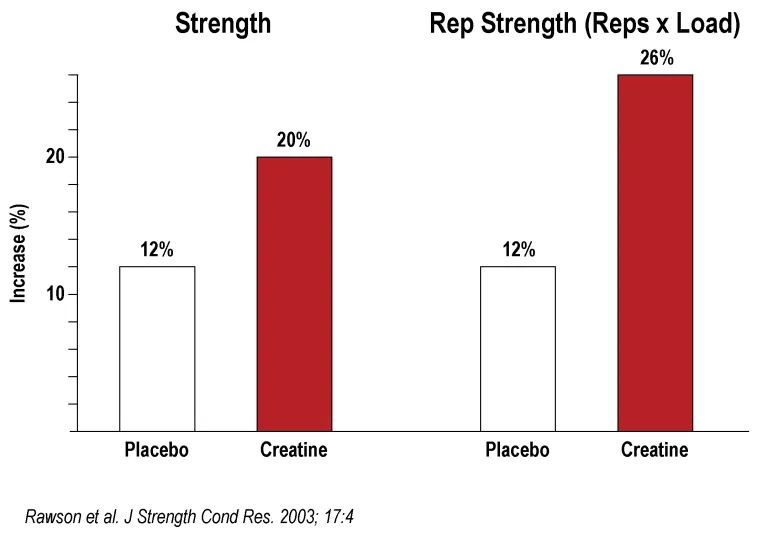
For those who frequently go to the gym for weight training, this means being able to do a certain movement several times more. Creatine can also pull water into muscle cells, which may activate the synthesis of muscle proteins, leading to an increase in lean muscle mass. Although creatine can help improve sprinting and sprinting, it has no significant impact on endurance training performance.
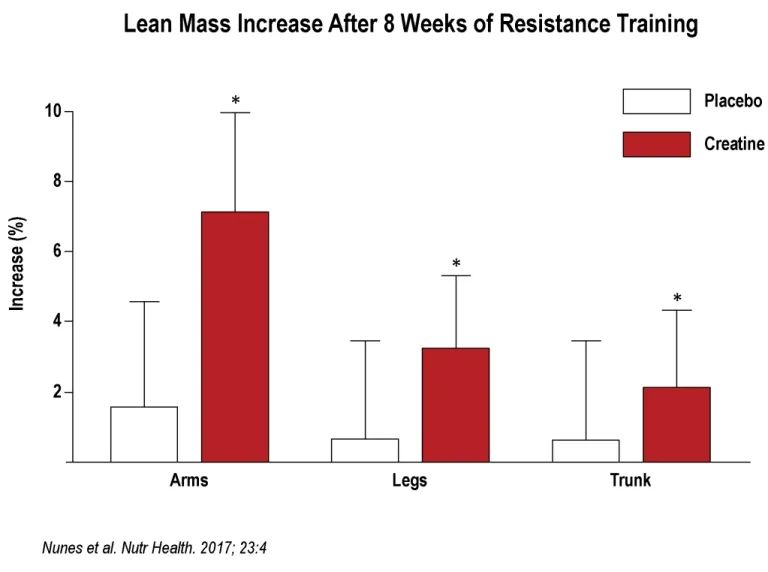
In addition to improving exercise performance, creatine may also provide some potential health benefits, including:
- Supporting cognitive function in the elderly
- Preventing age-related muscle loss
- Supporting Heart Health
- Maintain healthy blood sugar levels
- Protecting the brain after traumatic brain injury or spinal cord injury
- Maintain a healthy immune system
- Reduce fatigue and increase energy levels during poor sleep
- Improving mental health
- Supporting reproductive health
How much creatine do you need to consume?
There are two typical creatine supplementation schemes, one is to start with a shock period and then maintain a stable intake. Another option is to consume a stable dose without a shock period. First of all, the impact period is usually 5-7 days, and the dosage during this stage is relatively high, such as taking 20-25 grams per day in 4-5 equal doses.
After 5-7 days, change the dosage to 3-5 grams per day to maintain high creatine levels in the muscles. Some tall and muscular athletes may need 10 grams per day to maintain their creatine reserves.
Another approach is to consume creatine directly at a stable dose without a shock period. This eating method takes longer to achieve optimal creatine levels in muscles, but the final result is the same. Compared to young people, older individuals should include the impact period, which helps them achieve optimal results and strength gain.
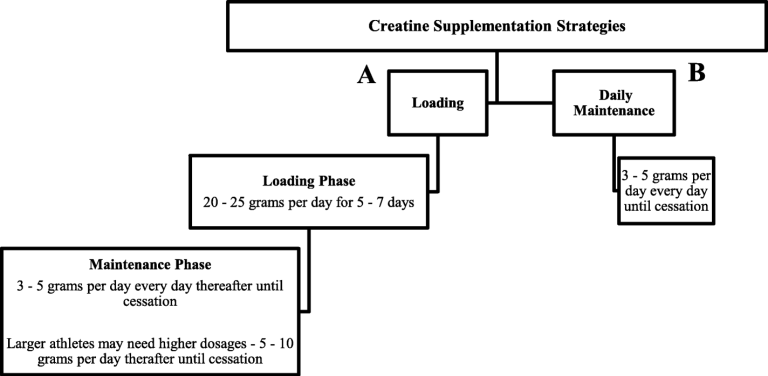
If you are young but in a hurry and want to maximize the effect of creatine in a month or less, you can also schedule an impact period. Otherwise, the slow supplementation form will take a few weeks for you to feel the effect of creatine.
Some studies have shown that when your insulin levels rise, your muscles can store creatine more effectively. Therefore, creatine can be consumed together with carbohydrates or proteins. For example, you can mix creatine and protein powder together after exercise to drink, which not only supplements nutrition but also promotes the absorption of creatine by utilizing the increase in insulin.
When is the best time to eat creatine?
Unlike quick acting products such as nitrogen pumps and caffeine, creatine does not immediately make you feel effective after eating. The role of creatine is to fill your muscles as effectively as possible and maintain high levels of energy production during your training process.
However, the time of creatine production can affect the efficiency of muscle storage of creatine. It is generally believed that taking creatine before training is more beneficial for increasing muscle creatine content than taking it at other times of the day.
But so far, there is no consensus on whether the best time to take creatine is before or after strength training. In theory, taking creatine before training can achieve the best results. Creatine reaches its peak approximately one hour after intake and remains elevated for approximately 4 hours.
During the training process, the blood flow of the muscles will significantly increase. However, within 30 minutes after training, it will quickly return to its baseline level. Combining pre exercise creatine and enhancing blood flow to working muscles can theoretically increase muscle transport and absorption of creatine. However, theory does not always translate into the results of the real world.
Several studies have investigated whether supplementing creatine during training has any impact on muscle growth and strength gain. Most studies have shown that taking creatine before and after training is more effective than at any other time. However, most studies have not found any differences in supplementing creatine before and after exercise.
But there are also some exceptions. In a 2013 study, amateur male bodybuilders took 5 grams of creatine at any time before, after, and on rest days. After 4 weeks, the lean weight of bodybuilders who took creatine after training increased by 3%, and their 1RM push increased by 7.5%. And those who took creatine before training had a 1.3% increase in fat free weight and a 6.8% increase in 1RM press.
Therefore, researchers have concluded that consuming creatine immediately after training can improve body composition and strength more than before. Two years later, another study found similar results. The subjects of this study were untrained elderly people who were divided into three groups:
- Supplement creatine before training and placebo after training
- Placebo supplementation before training and creatine supplementation after training
- Supplementing placebo before and after training
After 32 weeks of resistance training three times a week, researchers found that supplementing with creatine helped improve muscle strength, regardless of time, compared to supplementing with a placebo. However, only those who took creatine after training increased muscle mass more than those who only took placebo. Although the difference is not significant, there are differences after all. In addition to these two studies, other studies have shown similar benefits of supplementing creatine before and after training.
Overall, the best time to supplement creatine is before or after training. Most studies have shown that taking creatine before training (immediately or one or two hours before training) and after training (the first thing or one or two hours after training) has similar effects on improving strength and weight loss. According to some studies, taking creatine after training can provide better results compared to taking it before training. Note that it increases muscle mass, but not strength.
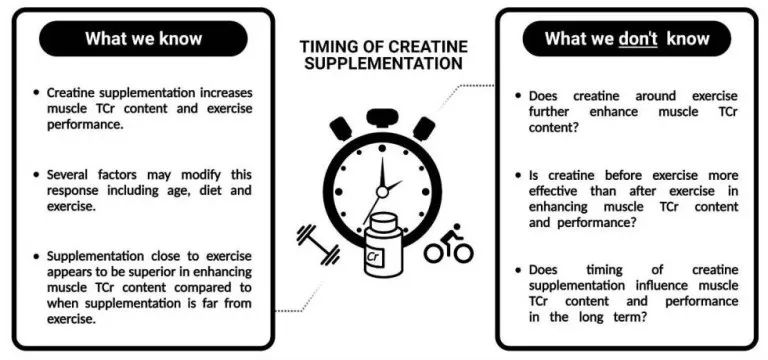
However, there are few existing studies and the quality of the methods needs to be improved. For example, only one study included a placebo control group. In addition, the sample size of most studies is small, which leads to uncertain final results. Before obtaining more research, it can be said with certainty that both before and after training are effective, and it all depends on your personal preferences before conclusive evidence is available.
Additionally, if you have already started taking creatine, you should continue taking it even on rest days. The body decomposes 1-2% of the creatine stored in muscles every day. It will become creatinine and be excreted from the body with urine. The more muscles, the more exercise, and the faster the conversion of creatine to creatinine. Taking creatine every day can keep your creatine storage at the optimal level, and it is also easy to maintain a good replenishment habit.
